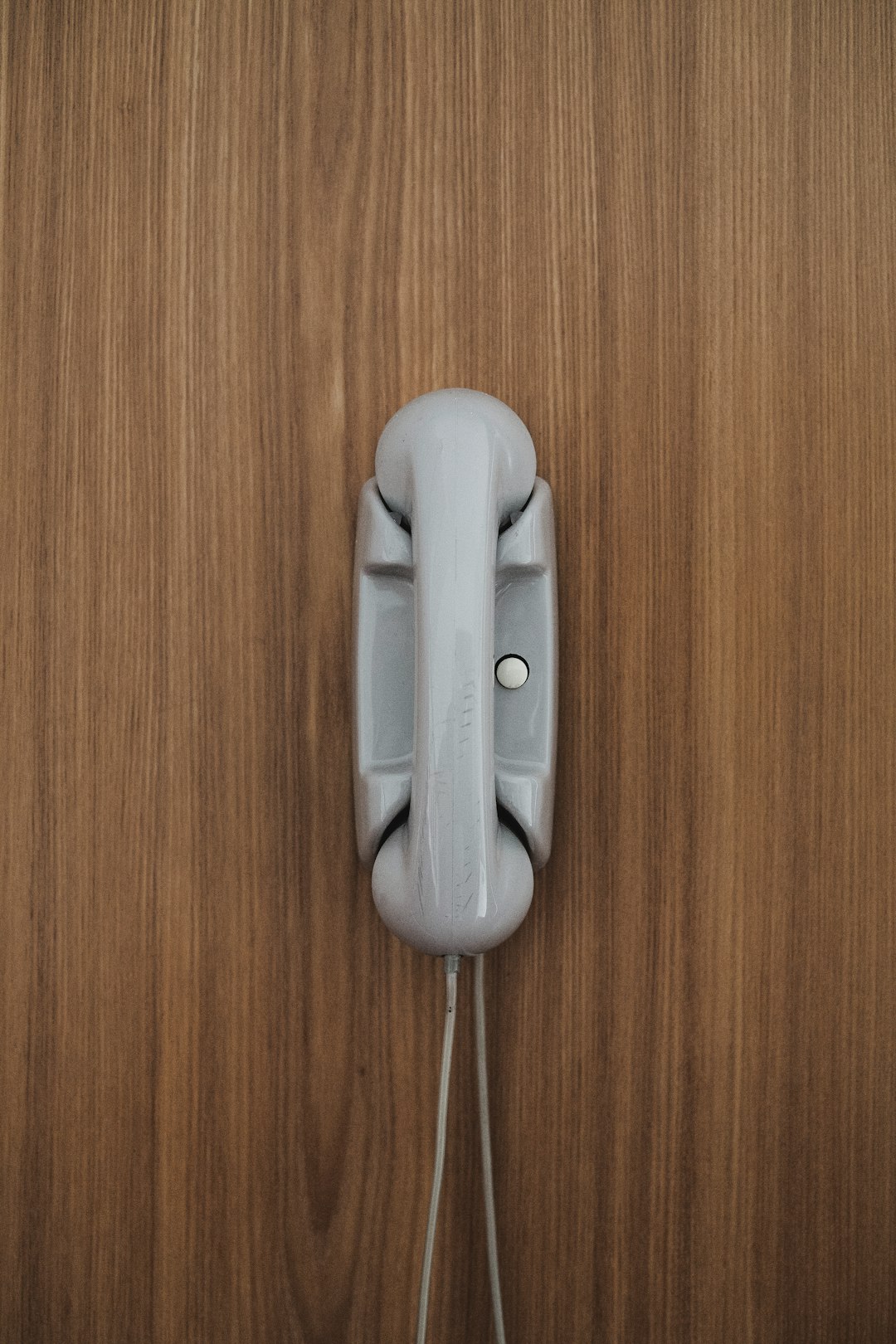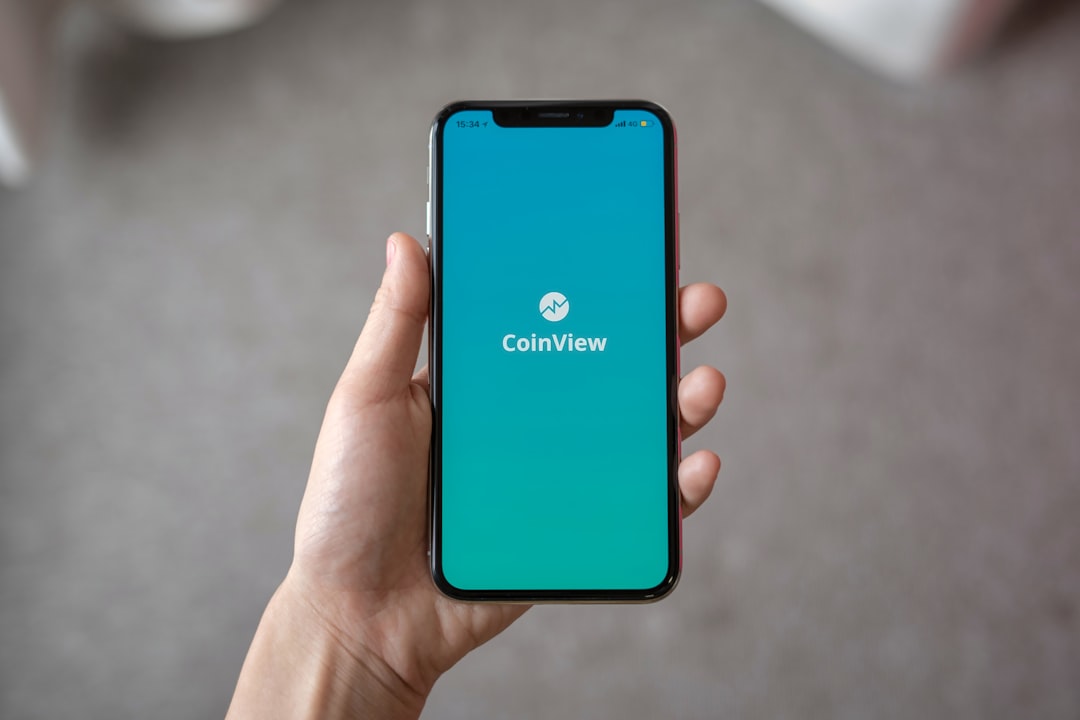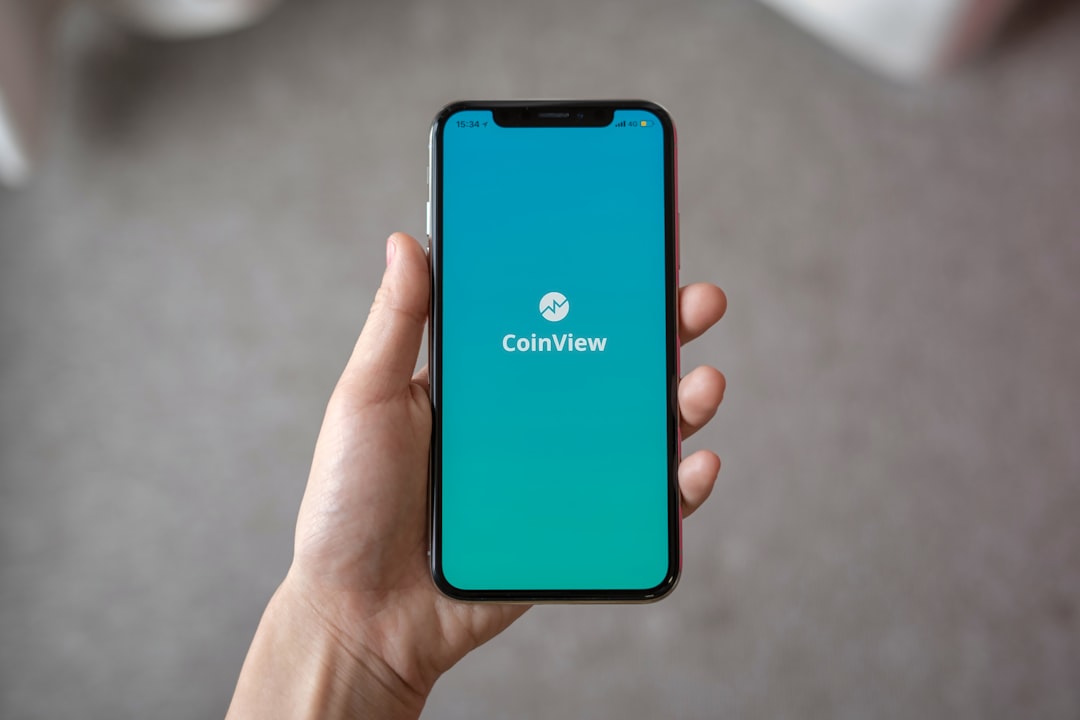Utah's strict Do Not Call laws, enforced by the Utah Department of Commerce and supported by Do Not Call Lawyers Utah, protect consumers from unwanted telemarketing calls. By registering on state databases, residents can limit marketing calls and avoid fraud, with Do Not Call lawyers offering legal advice when rights are violated. Proactive measures advocated by these lawyers reduce telemarketing fraud, ensuring a safer and more secure environment.
Staying ahead of telemarketing fraud is crucial in today’s digital age. This guide provides an in-depth look at legal updates concerning fraud prevention, focusing on Utah’s stringent Do Not Call laws. We’ll explore common types of telemarketing scams, identifying red flags to watch out for. Furthermore, we outline effective legal strategies for both combating and preventing such fraud, offering insights tailored for Utah’s Do Not Call lawyers.
Understanding Utah's Do Not Call Laws

In Utah, consumers have the benefit of strict Do Not Call laws designed to protect them from unwanted telemarketing calls. These laws are enforced by the Utah Department of Commerce and provide residents with a powerful tool against fraudulent or nuisance calls. The key to understanding these regulations lies in knowing how to register and what rights this registration confers.
Utah’s Do Not Call list is a comprehensive database that categorizes telephone numbers based on consumer preferences. Consumers can register their landlines, cell phones, or both, indicating their desire to limit marketing calls. Once registered, businesses must comply with these preferences, ensuring they don’t initiate telemarketing calls to these numbers unless specifically exempted by law. This simple step significantly reduces the risk of falling victim to telemarketing fraud and empowers Utah residents to take control of their communication choices.
Telemarketing Frauds: Common Types and Red Flags

Telemarketing fraud, often targeting consumers at home or work, has evolved over time with advancements in technology. Common types include impersonating legitimate businesses, using high-pressure sales tactics, and offering unrealistic products or services. Scammers may also employ social engineering techniques to gain personal information. One of the most prevalent forms is robocalls, where automated systems make unsolicited calls en masse, often disguised as official communications.
Red flags for telemarketing fraud include unexpected phone calls from unknown numbers, demands for immediate action, and offers that seem too good to be true. Scammers may also pressure individuals to make impulsive decisions without allowing sufficient time for consideration. Additionally, they might threaten legal action or claim government affiliations to instill a sense of urgency. If you suspect telemarketing fraud, it’s advisable to verify the caller’s identity and consult with Do Not Call lawyers Utah to understand your rights and options for recourse.
Legal Strategies to Combat and Prevent Fraud

Telemarketing fraud, often involving deceptive calls and false promises, has long been a concern for consumers. To combat this, legal strategies have evolved to include stringent regulations and robust prevention acts. One key approach is the implementation of “Do Not Call” laws, such as those in Utah, which empower individuals to halt unwanted telemarketing calls. These laws provide a legal framework for citizens to take action against fraudulent activities, often enforced by specialized Do Not Call lawyers who help navigate complex legal systems.
Moreover, proactive measures like consumer education and robust data management practices within telemarketing companies can significantly reduce fraud. By staying informed about the latest legal updates and best practices, both businesses and consumers can better protect themselves. This includes utilizing advanced call tracking systems, implementing strict verification processes for new contacts, and regular monitoring to identify suspicious patterns—all of which contribute to a more secure and trustworthy telemarketing environment, as advocated by Do Not Call lawyers Utah.






